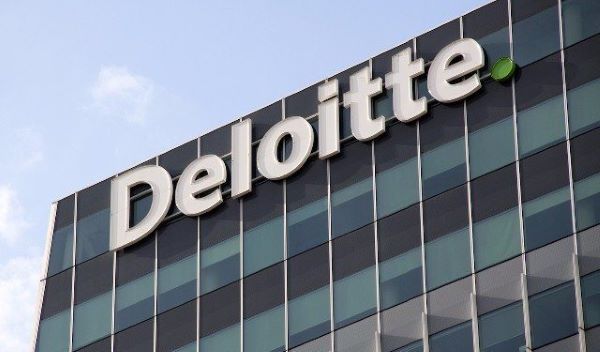Ghana and Nigeria are bracing for renewed inflationary pressures as global trade tensions escalate, according to Deloitte West Africa.
The firm warns that the ongoing trade war, particularly the ripple effects on oil prices, investment flows, and supply chains, poses significant upside risks to both countries’ inflation outlooks.
In its latest analysis, Deloitte pointed to rising global inflation as a major trigger for imported inflation in the region, likely worsening the cost of living crisis.
In Ghana, the introduction of new U.S. tariffs is expected to drive up the cost of imported goods, which could reignite inflationary pressure and raise consumer prices.
For Nigeria, the anticipated inflation surge could further strain the naira, with persistent forex demand and the risk of capital flight compounding currency depreciation.
Despite these risks, Deloitte noted a silver lining: falling global crude oil prices may help reduce domestic fuel costs in both countries, providing temporary relief for consumers.
Ghana’s headline inflation eased for a third consecutive month, falling to 22.4% in March 2025 from 23.1% in February. The month-on-month inflation also dropped sharply to 0.2% in March, down from 1.3% the previous month. Deloitte attributed the recent moderation to relative stability in the Ghanaian cedi.
However, the firm cautioned that this downward trend in inflation has yet to be fully reflected in market prices, suggesting that households may not feel immediate relief.













